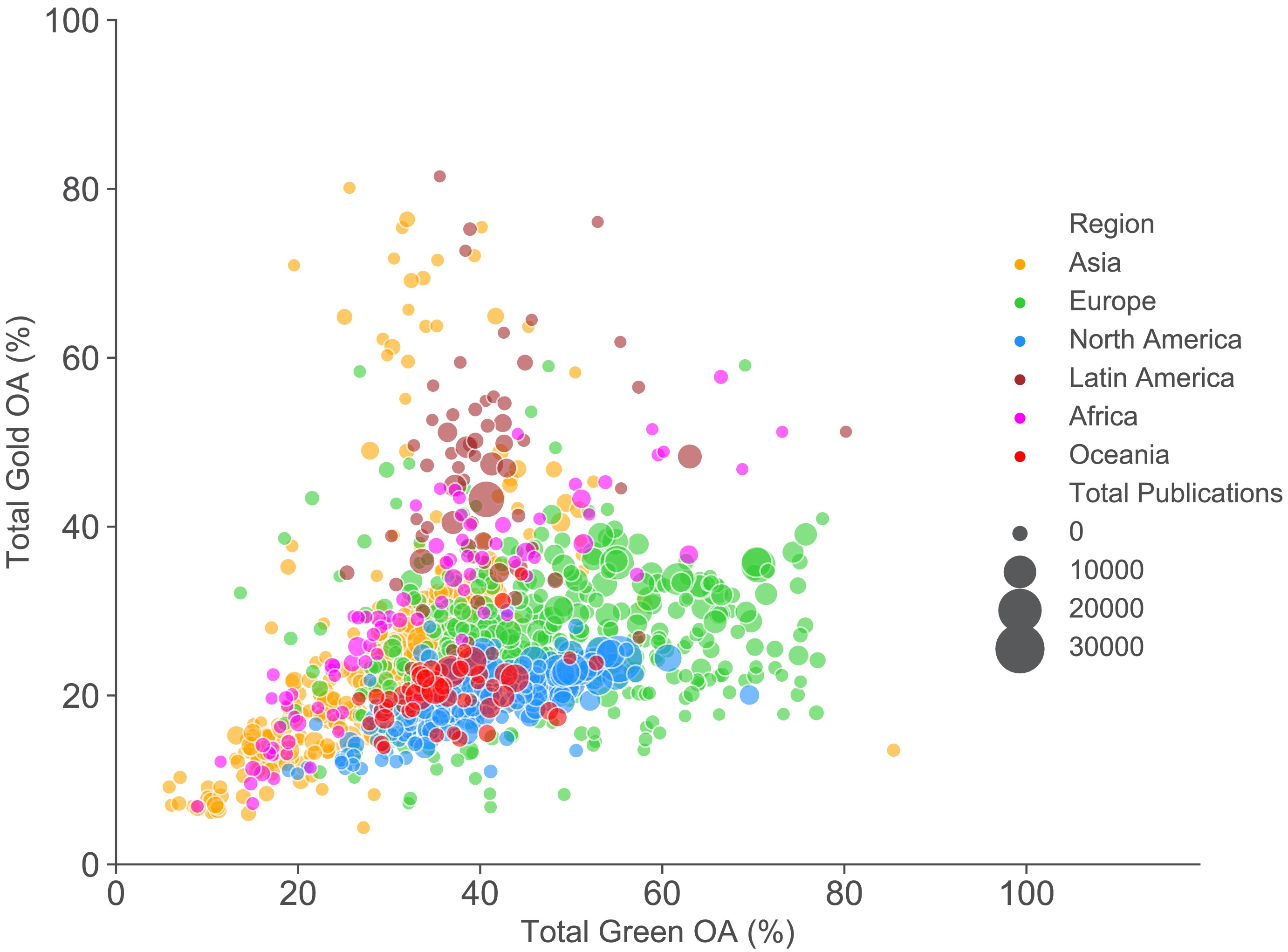Open access
 Open access (OA) is a set of principles and a range of practices through which nominally copyrightable publications are delivered to readers free of access charges or other barriers. With open access strictly defined (according to the 2001 definition), or libre open access, barriers to copying or reuse are also reduced or removed by applying an open license for copyright, which regulates post-publication uses of the work.
Open access (OA) is a set of principles and a range of practices through which nominally copyrightable publications are delivered to readers free of access charges or other barriers. With open access strictly defined (according to the 2001 definition), or libre open access, barriers to copying or reuse are also reduced or removed by applying an open license for copyright, which regulates post-publication uses of the work.The main focus of the open access movement has been on "peer reviewed research literature", and more specifically on academic journals. This is because:
* such publications have been a subject of serials crisis, unlike newspapers, magazines and fiction writing. The main difference between these two groups is in demand elasticity: whereas an English literature curriculum can substitute ''Harry Potter and the Philosopher's Stone'' with a public domain alternative, such as ''A Voyage to Lilliput,'' an emergency room physician treating a patient for a life-threatening urushiol poisoning cannot substitute the most recent, but paywalled review article on this topic with a 90-year-old copyright-expired article that was published before the invention of prednisone in 1954.
* the authors of research papers are not paid in any way, so they do not suffer any monetary losses, when they switch from behind paywall to open access publishing, especially, if they use diamond open access media.
* the cost of electronic publishing, which has been the main form of distribution of journal articles since , is incommensurably smaller than the cost of on-paper publishing and distribution, which is still preferred by many readers of fiction.
Whereas non-open access journals cover publishing costs through access tolls such as subscriptions, site licenses or pay-per-view charges, open-access journals are characterised by funding models which do not require the reader to pay to read the journal's contents, relying instead on author fees or on public funding, subsidies and sponsorships. Open access can be applied to all forms of published research output, including peer-reviewed and non peer-reviewed academic journal articles, conference papers, theses, book chapters, monographs, research reports and images. Provided by Wikipedia
1

